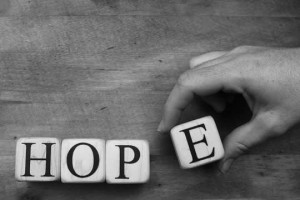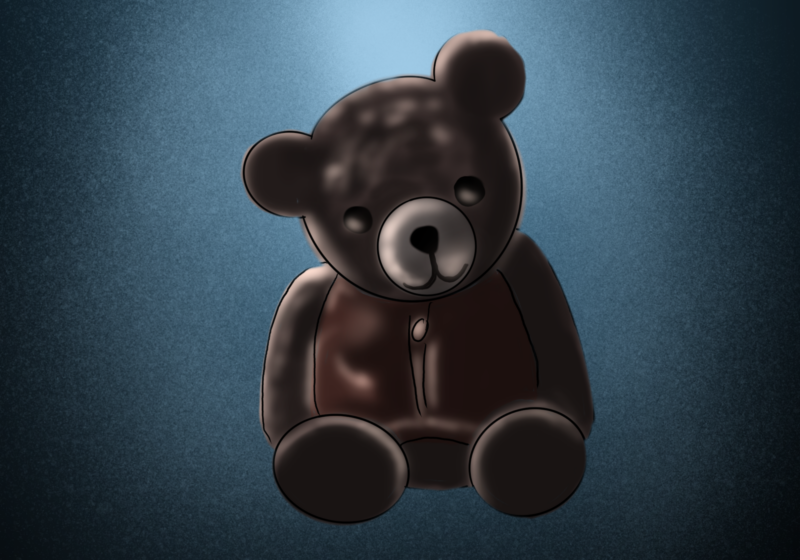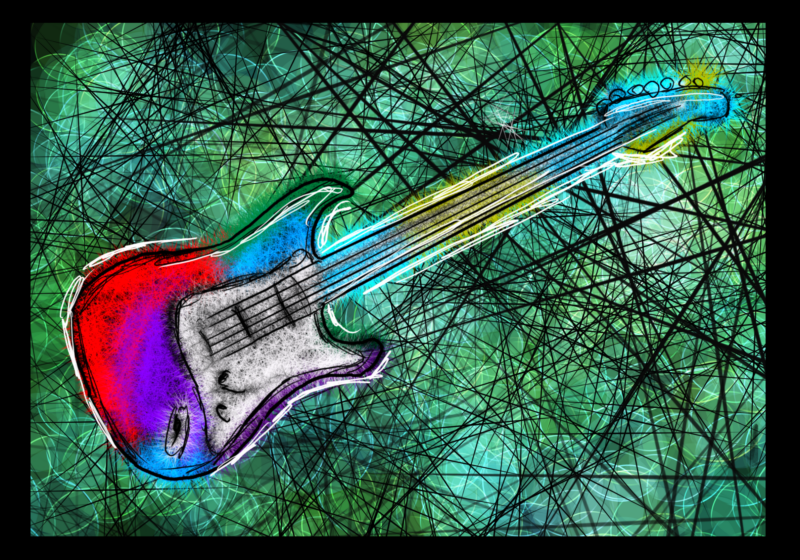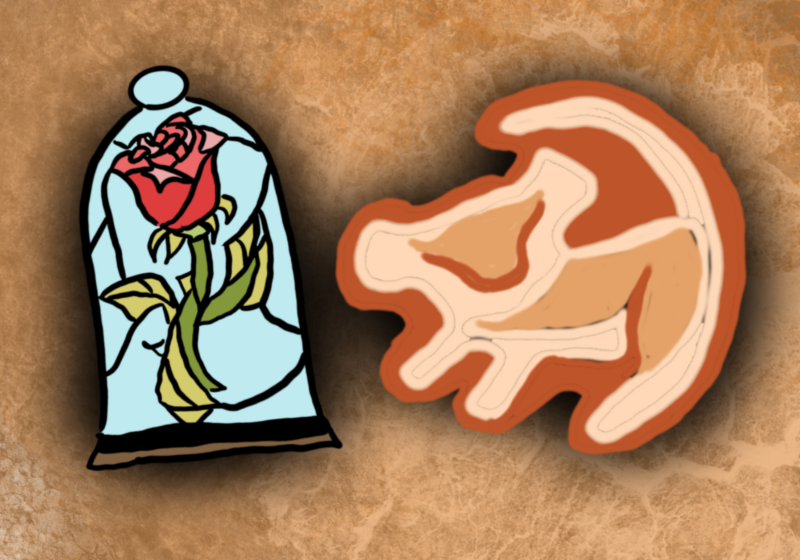
Courtesy of Mount Hope Family Center
Among the UR student population, one is likely to find a plethora of intended psychology majors. These students work to discover the inner workings of the human psyche and most plan to use what they learn to help those in need of their services.
What most of these students do not know, however, is that within the Rochester community, many individuals are currently dedicating their time to better the lives of those around them through those same psychology techniques and ideas taught in the UR classroom.
Only five minutes from the River Campus resides the Mt. Hope Family Center, a facility that houses many programs for children affected by violence either within their home or around the community. Since its founding in 1979, the center has developed a unique program combining both therapeutic analyses and psychological tests to ensure the betterment of all children and families seeking aid.
The first method employed at the Mt. Hope Family Center is a program that joins both analysis of scientific data and one-on-one training between children and staff members. The second method focuses on the idea of human development. In order to be classified as leading researchers in the field of psychology, the staff must utilize aspects of three cutting-edge fields: social work, medicine, and engineering.
While the Mt. Hope Family Center focuses mainly on human development, neglect, abuse, and maternal depression, a large part of the work done involves training individuals to some day conduct and improve upon the work already being done.
The most recent endeavor of the center is known as Project STEP, a research-based study that focuses on the effects of inter-parental conflict on child development.
“Fifty percent of the population of the city of Rochester is at risk [of facing inter-parental conflicts],” said Kashawmma Wright ’10, a research assistant for Project STEP.
According to Wright and another research assistant for the project, Ângela Richeson, almost 250 families are involved in the study, meeting three times per year for two to three hours sessions. At each session, staff members like Wright and Richeson work the children through a myriad of tasks, including IQ testing, logical assessments, as well as one-on-one interactions, all to get a “dynamic picture” of the children’s development.
“In families that have many children, often many siblings get overlooked,” Richeson said. “For this reason, the staff members at the center work with children and their families from the greater Rochester area in the hope of solving any issues that have arisen and to prevent any additional changes from occurring.”
In addition to Project STEP, the Mt. Hope Family Center hosts many different projects that include parenting classes for young mothers and sessions for teenage girls coping with depression and anxiety.
Each semester, the center employs 10 student interns from the surrounding area, drawing mainly from UR. While one can apply to become a one-on-one specialist who works directly with children in studies such as Project STEP, there are many other opportunities for students to get involved.
The Mt. Hope Family Center also specializes in after-school and summer programs, focusing on homework strategies, how to deal with one’s emotions, and how to properly develop social interaction skills.
While an undergraduate at UR, Wright assisted in the center’s summer program for three years prior to becoming a research assistant on Project STEP. Like Wright, students interested in the field of psychology, or simply willing to help better the surrounding community, are encouraged to participate in any way they can in the hope of one day continuing such meaningful work on a larger scale. Those looking to make larger commitments can participate in three-semester programs for course credit, while those looking for less of an undertaking are able to set their own volunteer schedules.
Additionally, upperclassmen interested in writing theses or working on psychology studies are encouraged to get involved with the center, as there are many opportunities available for independent study. Once involved, students have access to data from social experiments and tests, as well as both undergraduate and graduate students from neighboring colleges and universities to assist in research.
So, the next time you are asked to read about the practices and tests done by esteemed doctors and researchers in your psychology and biology class, think about how you too could be a part of the next big breakthrough by only traveling five minutes down the road.
Lerner is a member of
the class of 2016.






